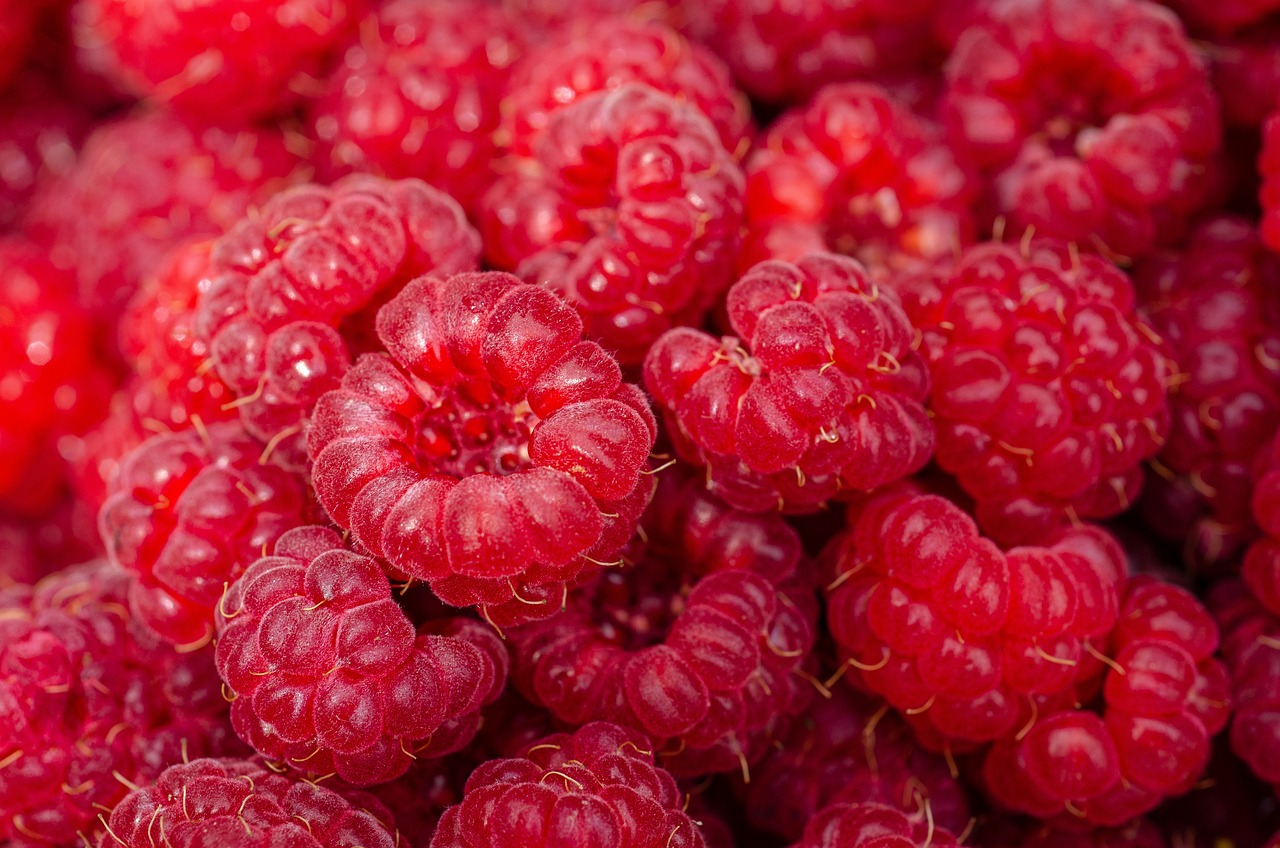“`html
Nutrient-Dense Foods: Fueling Your Body with Purpose
In a world overflowing with food choices, understanding the concept of nutrient-dense foods is vital for making informed dietary decisions. Nutrient-dense foods are those that provide a high amount of nutrients per calorie, making them excellent choices for maintaining optimal health, feeling energized, and preventing chronic diseases. This blog post will dive deep into nutrient-dense foods, their benefits, types, and practical tips to incorporate them into your daily diet.
What Are Nutrient-Dense Foods?
Nutrient-dense foods are items that deliver significant vitamins, minerals, and other beneficial nutrients with relatively few calories. The focus here is on quality rather than quantity, ensuring your meals not only satisfy hunger but also nourish the body. These foods help contribute to a healthy body composition, support energy levels, and enhance overall well-being.
Characteristics of Nutrient-Dense Foods
- High in vitamins and minerals
- Low in added sugars and unhealthy fats
- Rich in dietary fiber
- Provide essential nutrients, such as protein and healthy fats
Examples of Nutrient-Dense Foods
Knowing which foods are nutrient-dense can help you make better dietary choices. Here are some of the top categories and examples:
Vegetables
- Spinach: An excellent source of iron, vitamins A, C, and K.
- Broccoli: Contains vitamins C, K, and fiber.
- Sweet potatoes: Packed with beta-carotene and fiber.
Fruits
- Blueberries: Rich in antioxidants and vitamin C.
- Oranges: A great source of vitamin C and fiber.
- Avocado: High in healthy fats and potassium.
Whole Grains
- Quinoa: Contains all nine essential amino acids, making it a complete protein.
- Brown rice: High in fiber and nutrients compared to white rice.
- Oats: Great source of soluble fiber and beta-glucans.
Proteins
- Eggs: A complete source of protein and various vitamins.
- Legumes: Include beans and lentils, high in fiber and protein.
- Fish: Particularly fatty fish like salmon, which are rich in omega-3 fatty acids.
Benefits of Consuming Nutrient-Dense Foods
Making nutrient-dense foods a staple of your diet can lead to numerous health benefits:
Weight Management
- Nutrient-dense foods provide satiety without excess calories.
- Increased fiber helps regulate appetite.
Better Health Outcomes
- Lower risk of chronic diseases like heart disease, diabetes, and cancer.
- Enhanced immune function due to a robust nutrient intake.
Improved Energy Levels
- Nutrient-dense foods stabilize blood sugar levels.
- Provide sustained energy throughout the day.
How to Incorporate Nutrient-Dense Foods into Your Diet
It’s one thing to know what nutrient-dense foods are, but how can you apply this knowledge practically? Here are some actionable tips:
Plan Your Meals
- Start your day with a nutrient-dense breakfast, such as oatmeal topped with fruits and nuts.
- Include at least half your plate as fruits and vegetables during lunch and dinner.
- Snack on nuts, seeds, or yogurt to keep energy levels stable between meals.
Experiment in the Kitchen
- Try new recipes that highlight nutrient-dense ingredients.
- Substitute processed carbs with whole grains in your meals.
- Find creative ways to include vegetables in smoothies and sauces.
Conclusion
Incorporating nutrient-dense foods into your diet is a pathway to better health, energy, and overall well-being. By prioritizing foods that are rich in essential nutrients and low in empty calories, you can optimize your nutrition and support your body’s needs. Remember, it’s not about deprivation or restrictive diets, but rather making informed choices that nourish you from within. Start small, make gradual changes, and enjoy the vibrant health that comes with a nutrient-dense lifestyle!
“`






